Highest-level Lebanese govt. delegation in first official Syria visit in 10 years
A delegation from the caretaker Lebanese government is due to visit Damascus in the highest level visit in years to discuss plans to import natural gas through war-torn Syria’s territory and ease a power crisis in Lebanon.
The delegation includes Lebanon’s Finance Minister Ghazi Wazni, Energy Minister Raymond Ghajjar, General Security agency chief Abbas Ibrahim as well as Zeina Akar, who holds the posts of defense minister, foreign minister and deputy premier, Syria’s Ministry of Information said in a statement.
They will be greeted at the Syrian side of the border at 10:30 a.m. (0730 GMT) on Saturday by Syrian Minister of Foreign Affairs and Expatriates Faisal Mekdad, the ministry added.
An unnamed source at Lebanon’s Ministry of Energy and Water said the two sides will discuss plans to import natural gas via Jordan and Syria to address Lebanon’s energy crisis.
The aim is to revive a 2009 agreement that allowed Lebanon to import gas from Egypt through Syria, the source said.
“We hope that the project will move quickly because the Lebanese need it in these difficult circumstances,” Akar, who will lead the Lebanese government’s delegation, told Reuters news agency.
The Syrian embassy in Lebanon had informed the Lebanese side that Syria was ready to welcome the delegation to discuss matters related to gas and electricity, she added.
The upcoming visit comes after the Lebanese presidency last month said that the US had agreed to help Lebanon secure electricity and natural gas from Jordan and Egypt through Syrian territory.
In recent years, Lebanese security officials and politicians have made several visits to Syria but almost exclusively in a personal capacity or on behalf of their political parties.
The Beirut government has, nonetheless, adopted a so-called policy of dissociation from the Syrian conflict since it started in 2011.
Lebanon has been mired since late 2019 in a deep economic and financial crisis, exacerbated by a political deadlock.
The economic and financial crisis is the gravest threat to the country’s stability since the 15-year civil war ended in 1990.
The crisis is mostly linked to the sanctions that the United States and its allies have imposed on Lebanon as well as foreign intervention in the Arab nation’s domestic affairs.
According to Hicham Safieddine, a lecturer on the history of the modern Middle East at King’s College London, US sanctions involving Lebanon “have seriously undermined the stability of the banking sector by creating a chilling effect, and reduced the inflow of foreign capital."
Compounding the woes, Saudi Arabia has imposed its own sanctions, including banning its citizens from traveling to Lebanon where Riyadh-backed elements have been jockeying for position.
Last April, Saudi Arabia announced the suspension of fruit and vegetable imports from Lebanon, claiming shipments were being used for drug smuggling.
Nasser Qandil, editor-in-chief of Lebanon's al-Binaa newspaper, told Press TV at the time that the actual reason behind the prohibition was “political motivation,” saying if Riyadh actually wanted to fight drug trafficking it could easily act through its ambassador in Beirut and contact the relevant Lebanese officials.
Pezeshkian condemns ‘savage’ US-Israeli attack on school that killed nearly 90
Islamic Jihad extends 'full solidarity' with Iran following Israeli-American aggression
Leader of the Islamic Revolution martyred in cowardly Israeli-American aggression
Iran to continue acting in self-defense until enemy’s aggression ends: UN envoy
True Promise 4: IRGC launches new waves of missiles at Israeli, American targets
Iran to make Zionist criminals and vile Americans regret their actions: Security chief
Hezbollah, Ansarullah warn US-Israeli aggression on Iran to engulf entire region
Russia strongly condemns US-Israeli aggression on Iran, calls for UNSC meeting


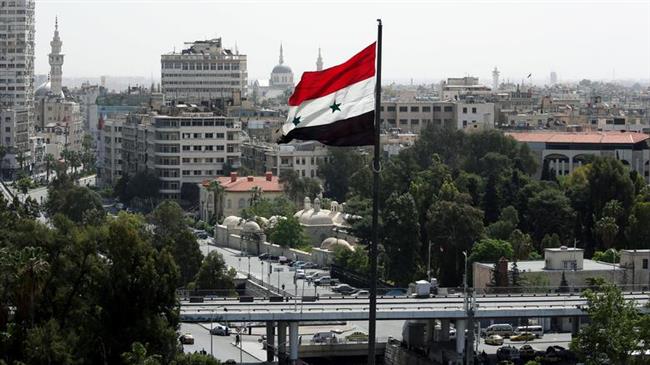
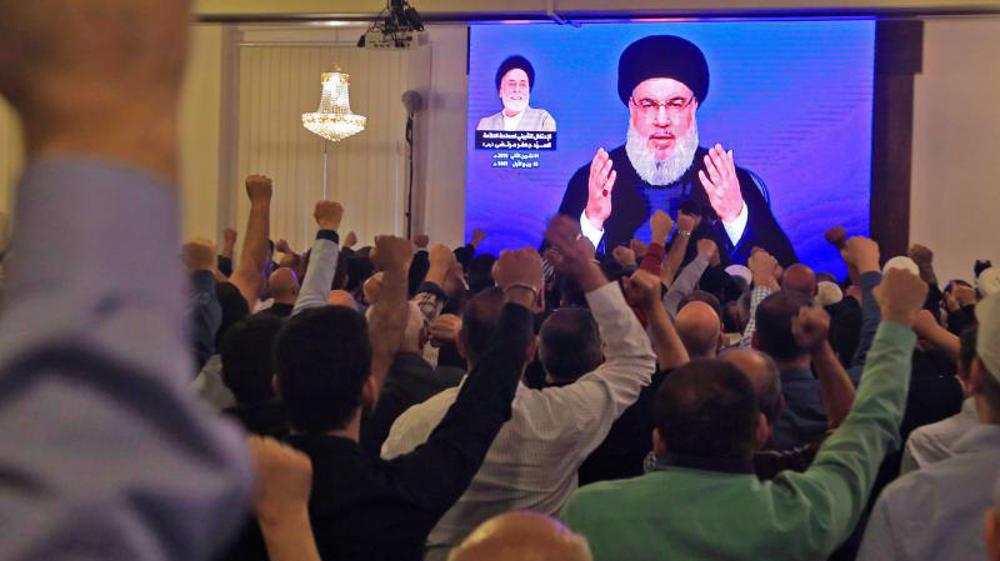
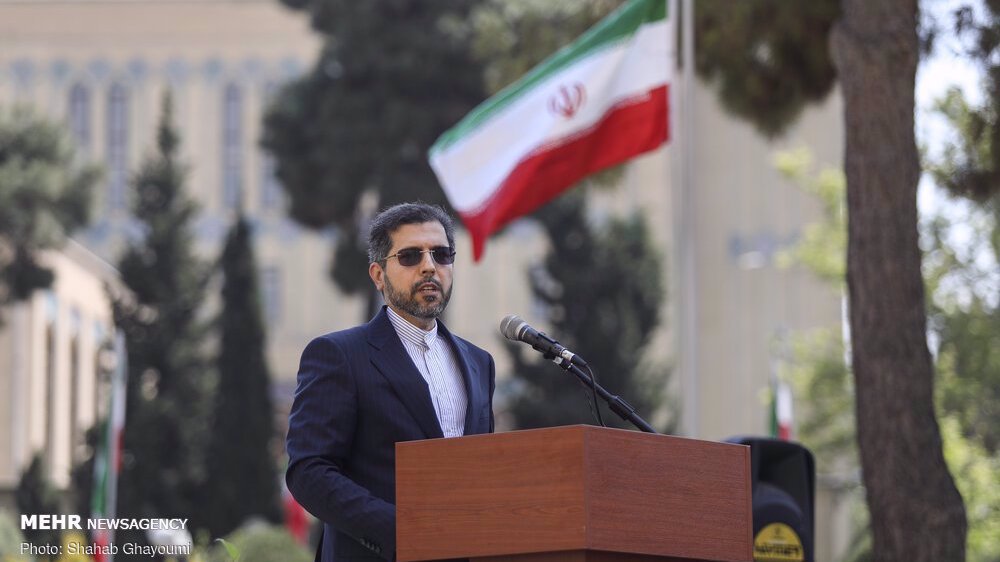
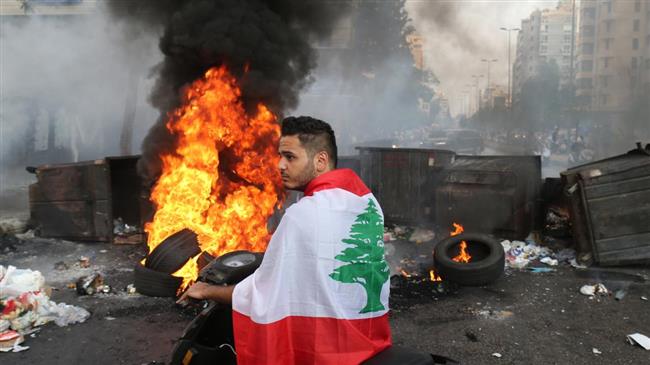
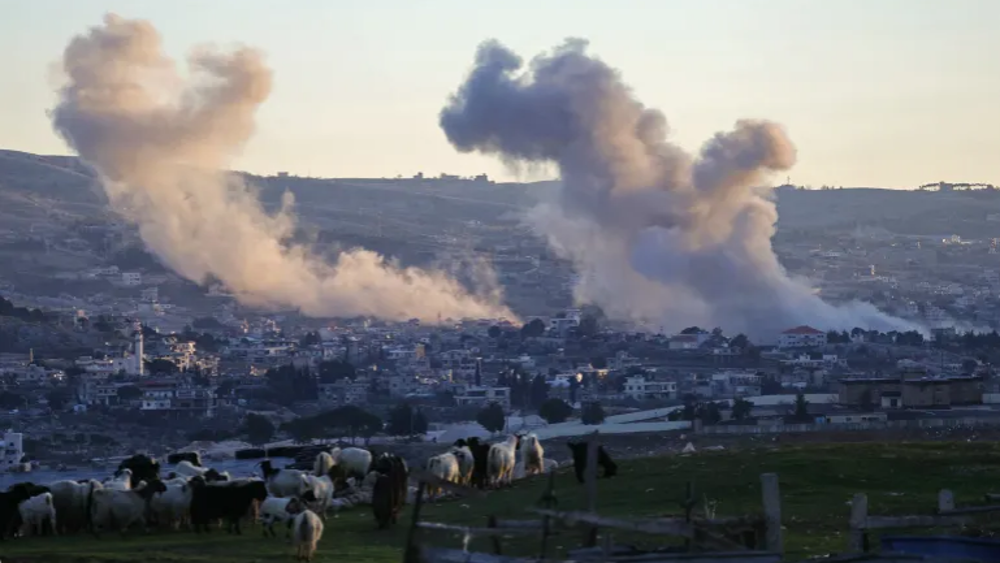
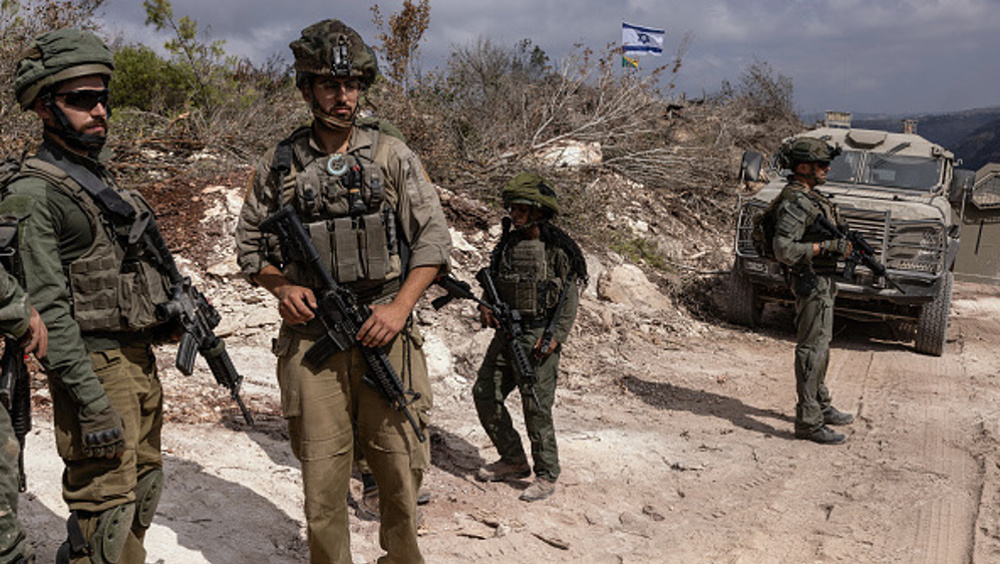
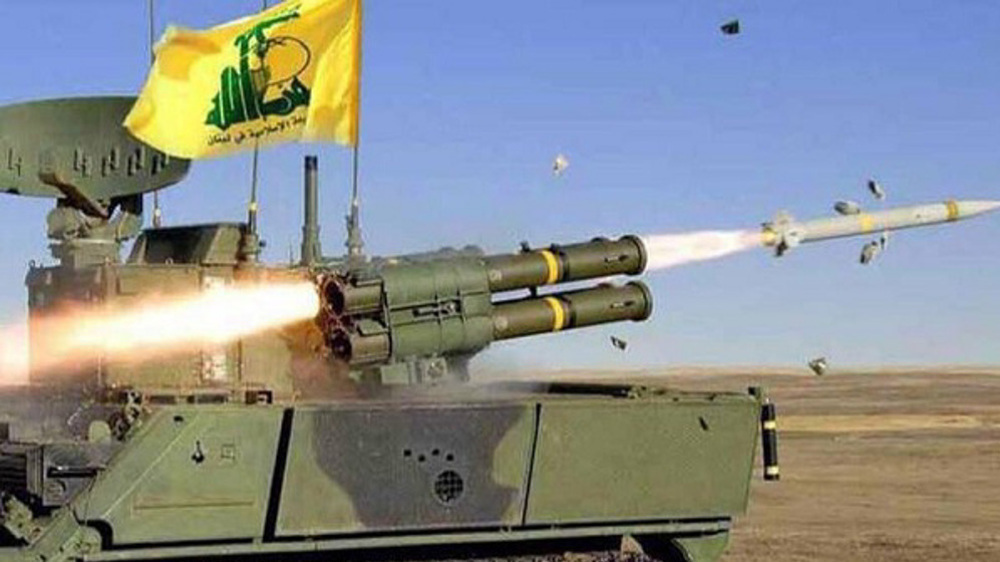



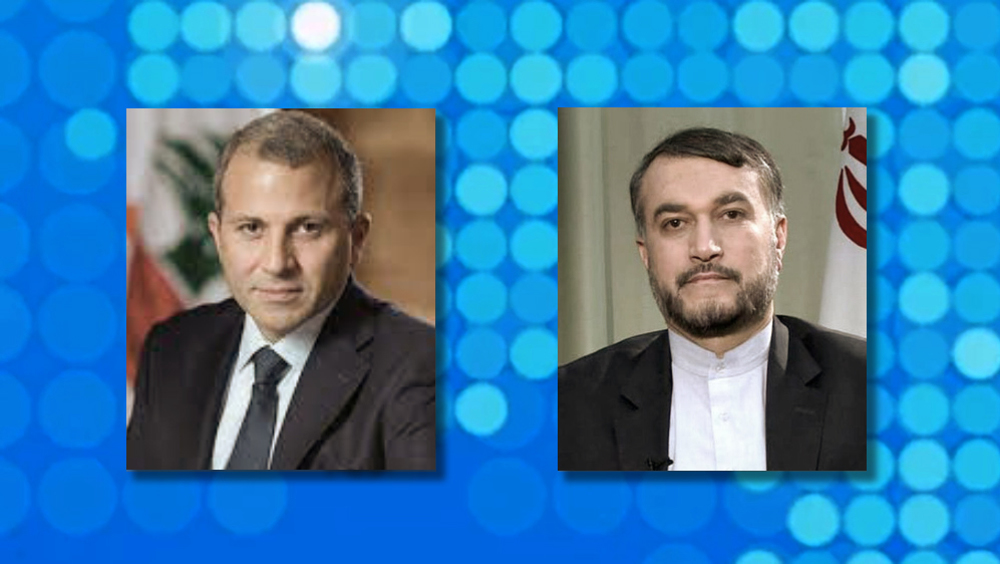
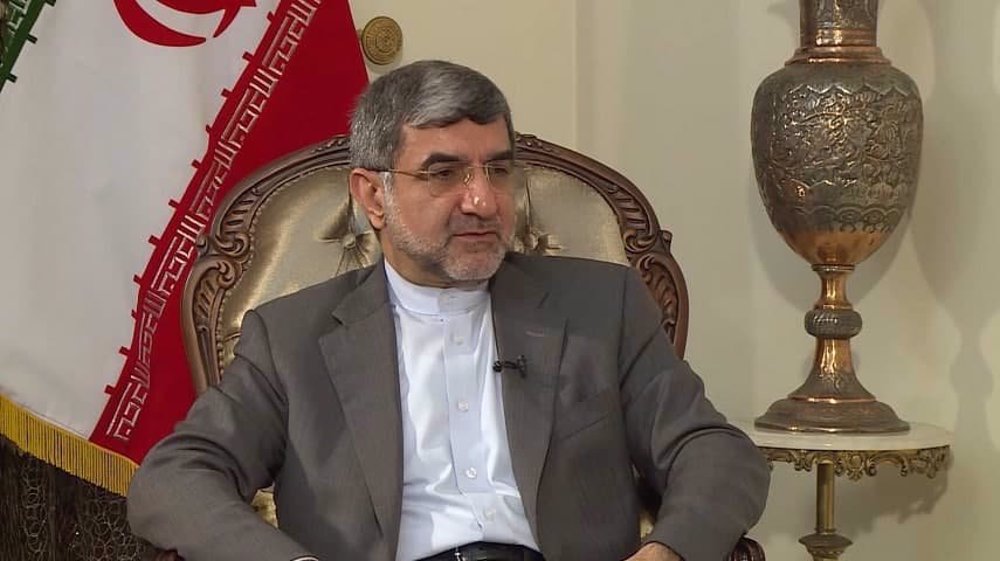
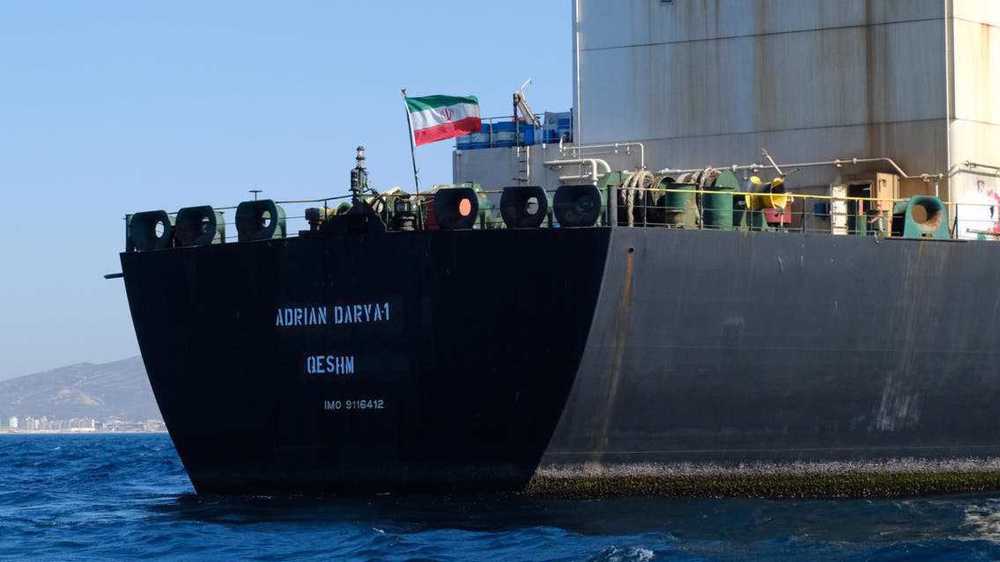
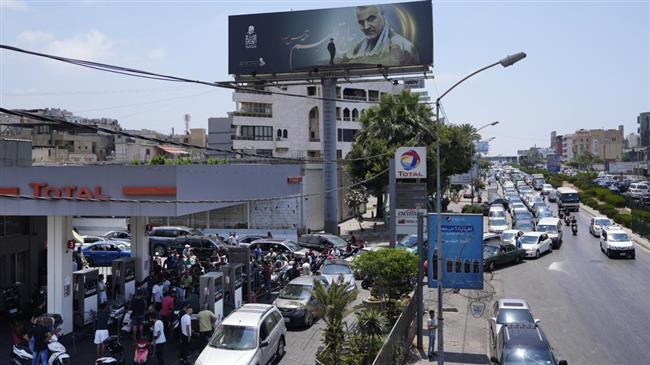
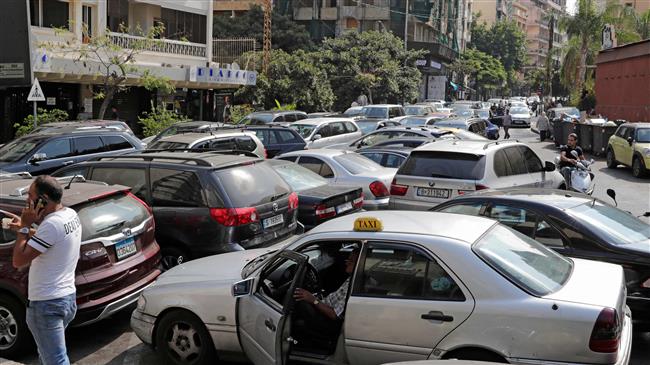
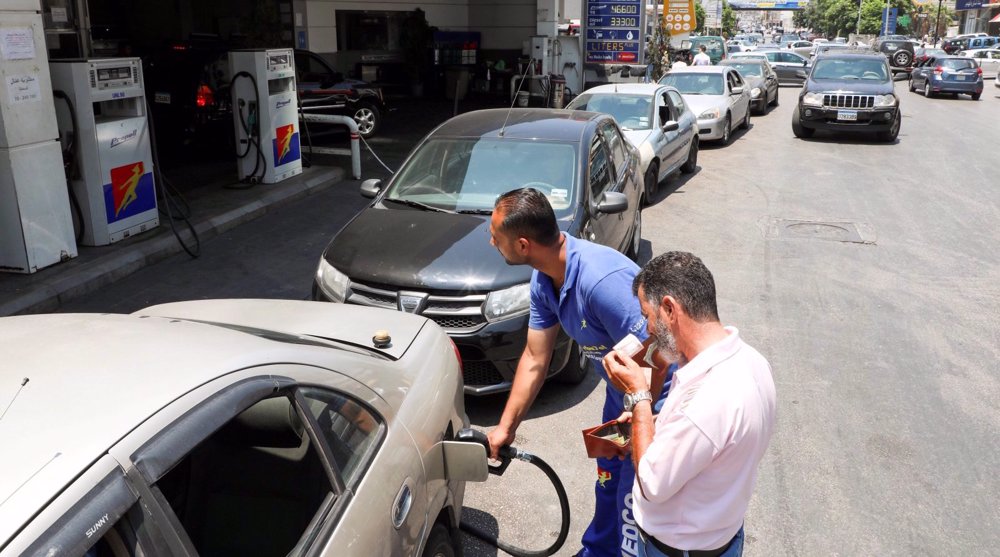
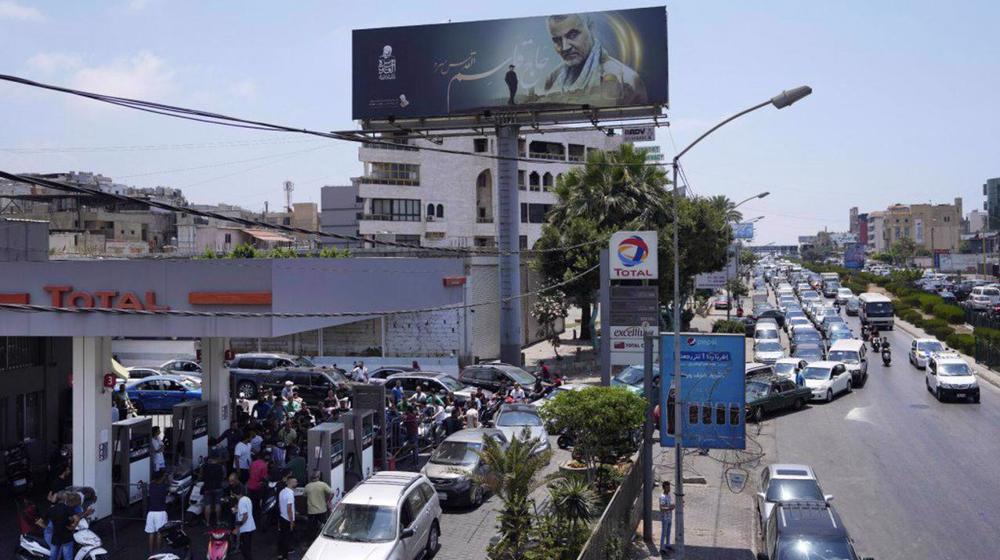

 This makes it easy to access the Press TV website
This makes it easy to access the Press TV website